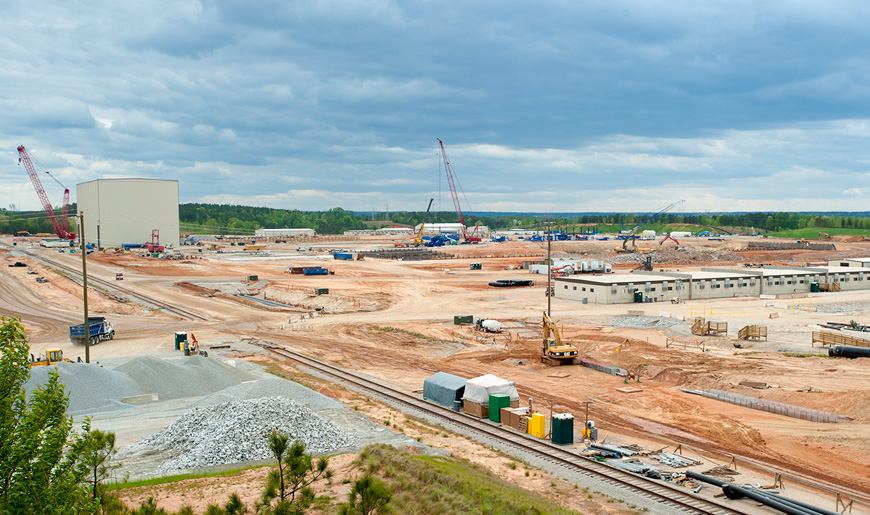Apparently the natural gas industry pays professors to greenwash their polluting product, like back in the hey-day of radio record companies used to pay disk jockies to play their records. Remember:  natural gas from fracking is the main thing Southern Company and Georgia Power are switching to from coal (not that they’re even abandoning coal, just rebranding it as “21st century coal”). That and their nuke boondoggle at Plant Vogtle. All approved by the Georgia Public Service Commission, all of whose members apparently accept massive direct or indirect contributions from the utilities they regulate. Two GA PSC Commissioners slots are up for election right now.
natural gas from fracking is the main thing Southern Company and Georgia Power are switching to from coal (not that they’re even abandoning coal, just rebranding it as “21st century coal”). That and their nuke boondoggle at Plant Vogtle. All approved by the Georgia Public Service Commission, all of whose members apparently accept massive direct or indirect contributions from the utilities they regulate. Two GA PSC Commissioners slots are up for election right now.
The professor most recently found to be in the pay of a fracking company when he reported on fracking is unrepentant. Terrence Henry wrote for State Impact Texas yesterday, Texas Professor On the Defensive Over Fracking Money
So the questions remaining are: Why didn’t Groat disclose this in the study? And did he fail to tell anyone at the University about it?
The professor would not agree to an interview, but in an email to StateImpact Texas he says the Public Accountability Initiative report is “a mixture of truths, half truths, and unfounded conclusions based [on] incorrect interpretations of information. I don’t want to discuss it.”
The University of Texas requires that financial conflicts of interest be disclosed by employees when it has “potential for directly and significantly affecting the design, conduct, or reporting of … research or is in an entity whose financial interest appears to be affected by that research.”
Dean Sharon Mosher of the Jackson School of Geosciences says that Groat submitted the financial conflict of interest form to her office in previous years, but that he had not done so this year. “I was not aware that he was still a member of the board,” Mosher tells StateImpact Texas. “Had I known he was still a member of the board and being paid, I would have insisted that he disclosed it.”
What report? Follow the links in here. Terrence Henry wrote for State Impact Texas 23 July, Fracking Company Paid Texas Professor Behind Water Contamination Study,
Earlier this year, a study led by Dr. Charles “Chip” Groat for the Energy Institute at the University of Texas at Austin made headlines for saying there was no link between fracking and groundwater contamination. (When we reported on the study in February, we noted that the study also found some serious issues around the safety and regulation of fracking that weren’t getting much press coverage.)
But according to a new report out today by the Public Accountablitiy Initiative (PAI), a nonprofit watchdog group, the conclusions in Groat’s report aren’t as clear cut as initially reported. And Groat himself did not disclose significant financial ties to the fracking industry.
Groat, a former Director of the U.S. Geological Survey and professor at the Jackson School of Geosciences at the University of Texas at Austin, also sits on the board of Plains Exploration and Production Company, a Houston-based company that conducts drilling and fracking in Texas and other parts of the country. According to the new report (and a review of the company’s financial reports by Bloomberg) Groat received more than $400,000 from the drilling company last year alone, more than double his salary at the University. And one of the shales examined in Groat’s fracking study is currently being drilled by the company, the report says.
Since 2007, Groat has received over $1.5 million in cash and stock awards from the company, and he currently holds over $1.6 million in company stock, according to the PAI report. (Update: we clarified with PAI, and that $1.6 million in stock comes from the stock awards over the years. PAI says Groat’s total compensation from the company is close to $2 million.)
And it gets worse from there: rough drafts published, unsubstantiated peer review claims, etc.
This isn’t an isolated case:
This isn’t the first time that academic studies of drilling have been called into question because of industry ties. In an earlier report on a State University of New York at Buffalo study on fracking’s environmental risks, Public Accountability Initiative found that it “suffered a number of critical shortcomings” and the “report’s authors had strong industry ties.”
And in today’s investigation from Bloomberg, they found other instances of industry influence and financial ties at Pennsylvania State University and University of Wyoming.
 Do we want to trade air pollution by coal for groundwater pollution by fracking? When we have a better future already at hand through conservation and efficiency along with solar and wind power?
Do we want to trade air pollution by coal for groundwater pollution by fracking? When we have a better future already at hand through conservation and efficiency along with solar and wind power?
-jsq










